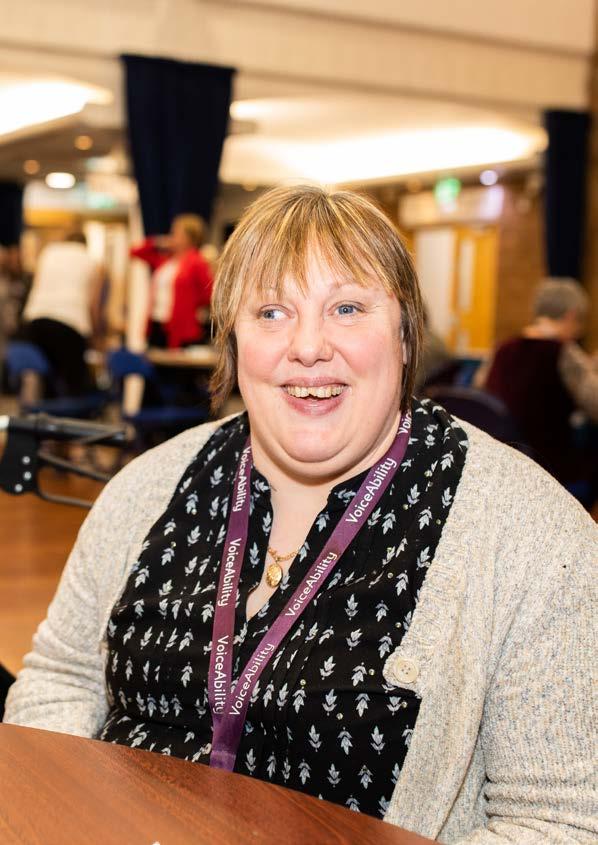
3 minute read
Improving people’s experiences of digital services
The NHS Long Term Plan commits to making better use of digital tools and technology to improve people’s experiences of healthcare support. Some elements of this are already available and we know from our broader engagement that there is significant public support for greater use of technology across the NHS. It is crucial that the health service builds on this support and helps people benefit from digital developments.
Advertisement
GP surgeries have offered online access to appointment bookings, repeat prescriptions and medical records for some time, and in the last 12 months, 95% of surgeries have started supporting all these functions via the NHS app. In some areas, patients have also been able to access video appointments with their GP.
However, for a range of reasons that have been well documented, many members of the public haven’t felt the benefit of being able to access services digitally.
We heard that the NHS needs to avoid making assumptions about who will use different forms of technology. People consistently raised the need to ensure technological solutions are designed to address real world problems and are properly usertested before being rolled out.
What people want
Systems that make accessing the NHS easier
• People feel frustrated by slow developments to NHS online systems. They’d like it to be easier to access their notes, make all types of appointments, and see their test results online.
• We heard that virtual appointments could be particularly helpful for people living in rural areas who have to make long journeys to hospitals for check-ups, and for working people who find it difficult to get time off for medical appointments.
• People would like to be able to check real-time A&E waiting times online, and to have access to apps that provide support whilst they’re on waiting lists.
• Individuals for whom English isn’t their first language said they’d benefit from digital access to translated materials and interpretation, too.
Not to be excluded
• People are worried that everybody will be expected to use technology to engage with the NHS and that groups who can’t do so or find it difficult will lose out. These groups include people with a learning disability, some older people, those with additional communication needs, those with reduced dexterity, those whose first language isn’t English, those on low incomes and rural communities with poor broadband connections. • People with mental health conditions felt that their needs might not be picked up through online or telephone appointments. Even those who were confident using digital services wanted the option of a face-to-face consultation.
Technology not to take priority over bigger issues
• Whilst people wanted improvements to the NHS’ use of digital technology, it was not as important to them as easier access to appointments or improvements to patient transport.
No assumptions about attitudes
• The surveys revealed some notable differences for people under the age of 25 compared to over 25 when interacting with the NHS. For example, younger people placed greater value on the need for their data to be managed well and kept secure. They were more likely to consider online access to NHS support important, and less concerned about having convenient ways to travel to health and care.
As a patient with myeloma (a blood cancer), I would like to be able to access my blood results online and not have to wait for clinic appointments. It can be an anxious wait at crucial times in my disease.’
Personal story, Buckinghamshire, Oxfordshire and West Berkshire









